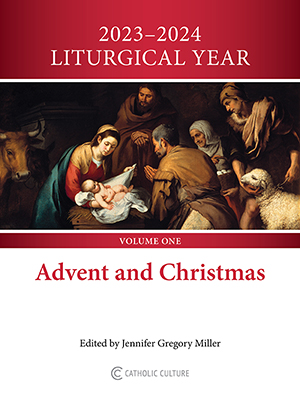Catholic Dictionary
Find accurate definitions of over 5,000 Catholic terms and phrases (including abbreviations). Based on Fr. John Hardon's Modern Catholic Dictionary, © Eternal Life. Used with permission.
Random Term from the Dictionary:
CISTERCIANS
A strict order of monks following the Rule of St. Benedict, founded in 1098 by St. Robert of Molesme (1024-1110) at Cîteaux. Its original purpose was to establish Benedictinism on austere lines along what was considered the primitive spirit. Its most famous member, often considered its second founder, was St. Bernard of Clairvaux (1090-1153). Before the end of the twelfth century 530 Cistercian abbeys had been established an another 150 during the next century. The Cistercian way of life was to be one of silence, in a community devoted mainly to the liturgy and prayer. Monasteries were to be in secluded places, churches were to be plain, and sacred vessels not ornate. Strict rules of diet were to be followed, as also those rules relative to manual labor made by the cistercian pioneers in agriculture, in which they gradually trained others. Their carefully structured constitutions deeply influenced other medieval orders. A period of decline after the thirteenth century was followed by a rise of new reformed groups of Cistercians, of which the most notable was the monastery group at La Trappe founded by Armand de Rancé (1626-1700).







